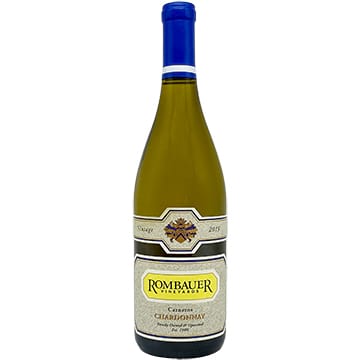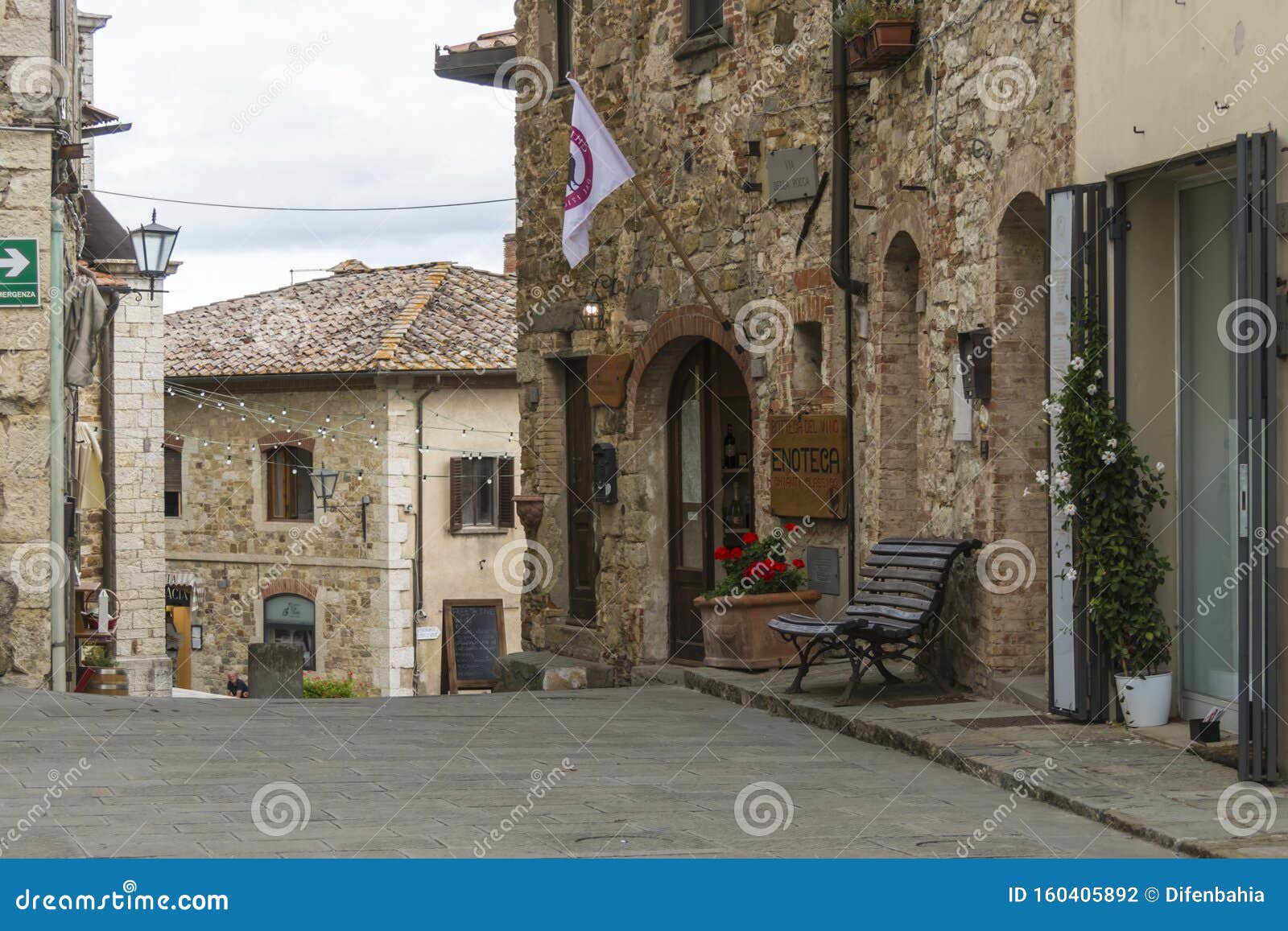
Regulation makes a difference between "ethyl alcohol of agricultural origin" and a "distillate of agricultural origin". Spirit drinks must contain at least 15% ABV (except in the case of egg liqueur, which must contain a minimum of 14% ABV).

#Open wine stores near me free#
Look up liquor, liqueur, or spirit in Wiktionary, the free dictionary. Consistent consumption of liquor over time correlates with higher mortality and other harmful health effects, even when compared to other alcoholic beverages. Rapid consumption of a large amount of liquor can cause severe alcohol intoxication or alcohol poisoning, which can be fatal. Liquor is also frequently mixed with other ingredients to form a cocktail. In an undiluted form, distilled beverages are often slightly sweet and bitter and typically impart a burning mouthfeel with an odor derived from the alcohol and the production and aging processes the exact flavor varies between different varieties of liquor and the different impurities they impart. Liquor may be consumed on its own (" neat"), typically in amounts of around 50 millilitres (1.7 US fluid ounces) per served drink. Like other alcoholic drinks, liquor is typically consumed for the psychoactive effects of alcohol. While the word liquor ordinarily refers to distilled alcoholic spirits rather than beverages produced by fermentation alone, it can sometimes be used more broadly to refer to any alcoholic beverage (or even non-alcoholic products of distillation or various other liquids). Liquors are often aged in barrels, such as for the production of brandy and whiskey, or are infused with flavorings to form flavored liquors, such as absinthe.

Some examples of liquors include vodka, rum, gin, and tequila. As liquors contain significantly more alcohol ( ethanol) than other alcoholic drinks, they are considered "harder" in North America, the term hard liquor is sometimes used to distinguish distilled alcoholic drinks from non-distilled ones, whereas the term spirits is more common in the UK.


The distillation process concentrates the liquid to increase its alcohol by volume. Other terms for liquor include: spirit, distilled beverage, spirituous liquor or hard liquor. Liquor ( / ˈ l ɪ k ər/ LIK-ər) is an alcoholic drink produced by the distillation of grains, fruits, vegetables, or sugar that have already gone through alcoholic fermentation. For other uses, see Liquor (disambiguation).Īn old whiskey still A display of various liquors in a supermarket Some single-drink liquor bottles available in Germany For the sweetened and flavored alcoholic beverages, see Liqueur.


 0 kommentar(er)
0 kommentar(er)
